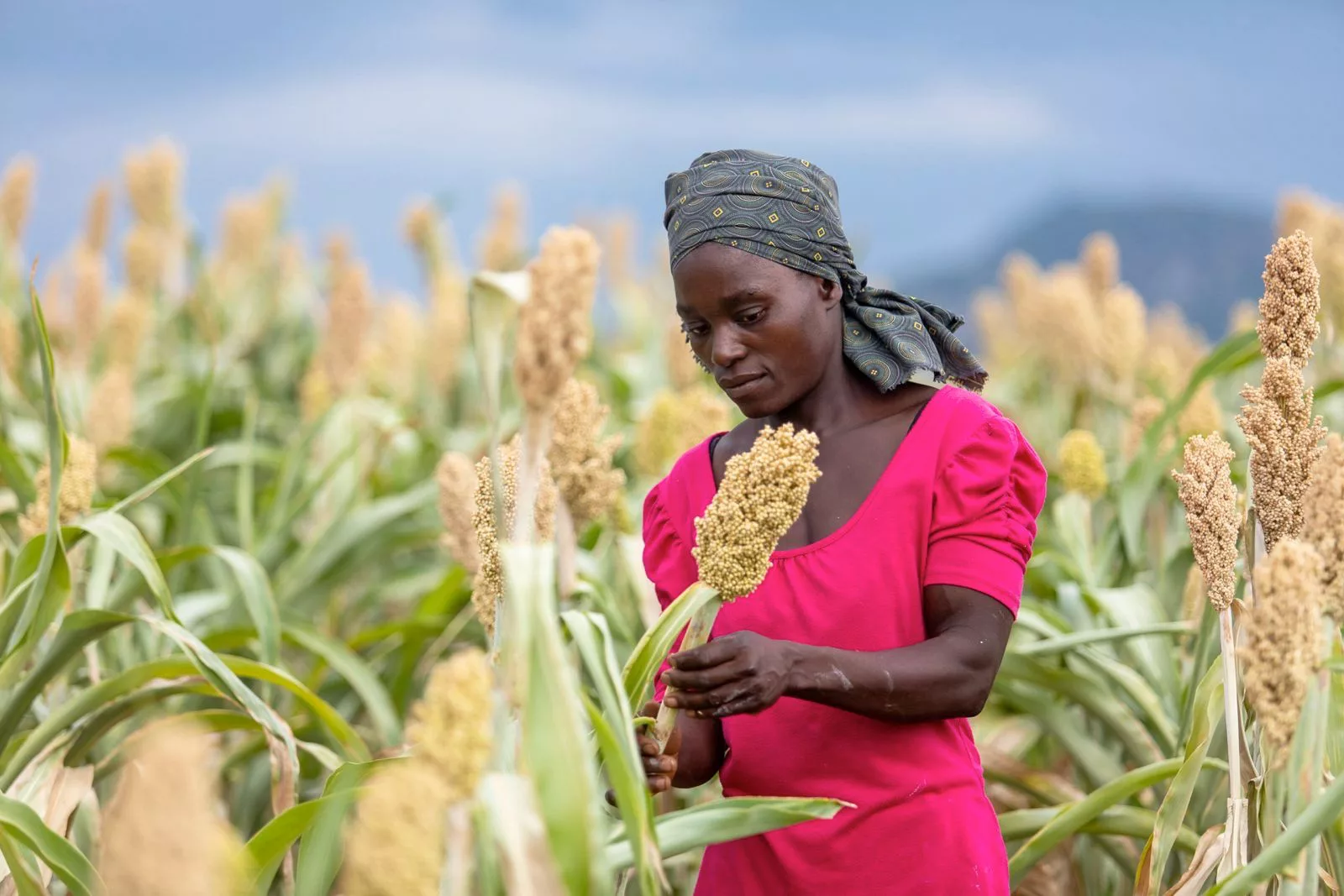|
Getting your Trinity Audio player ready...
|
Smallholder farmers in Chiredzi and Mwenezi districts are adopting climate-smart agriculture to enhance food security and strengthen resilience to climate change, through the project Strengthening Climate Resilience of Agricultural Livelihoods in Southern Zimbabwe—a partnership between the Ministry of Lands, Agriculture, Fisheries, Water and Rural Development, the United Nations Development Programme, and the Green Climate Fund.
The project is enabling farmers to diversify crops and engage in value chains that can withstand climate shocks while generating income. Supported by Farmer Field Schools and Agroecology Demonstration Sites, the initiative promotes knowledge exchange and encourages the uptake of climate-resilient technologies and practices.
Key to the approach is the establishment of functional, inclusive value chains that help farmers produce for markets. In Chiredzi and Mwenezi, this has led to the cultivation of high-value crops like garlic, chili, tomatoes, and onions, supported by irrigation infrastructure such as drip systems and solar-powered boreholes.
The project also supports farmers with inputs, training, and market access, linking them with private sector actors and aggregators. Through this model, participating farmers—many of them women—are able to produce consistently and sell in bulk, improving their earnings and reducing climate-related risks.
With implementation support from partners such as Practical Action and Fambidzanai Permaculture Centre, the project is also helping to build sustainable agricultural enterprises that can support long-term community resilience.
UNDP Zimbabwe remains committed to supporting inclusive, climate-resilient development models that benefit smallholder farmers and strengthen rural livelihoods.
For the full story please CLICK HERE.
SOURCE: UNDP ZIMBABWE






